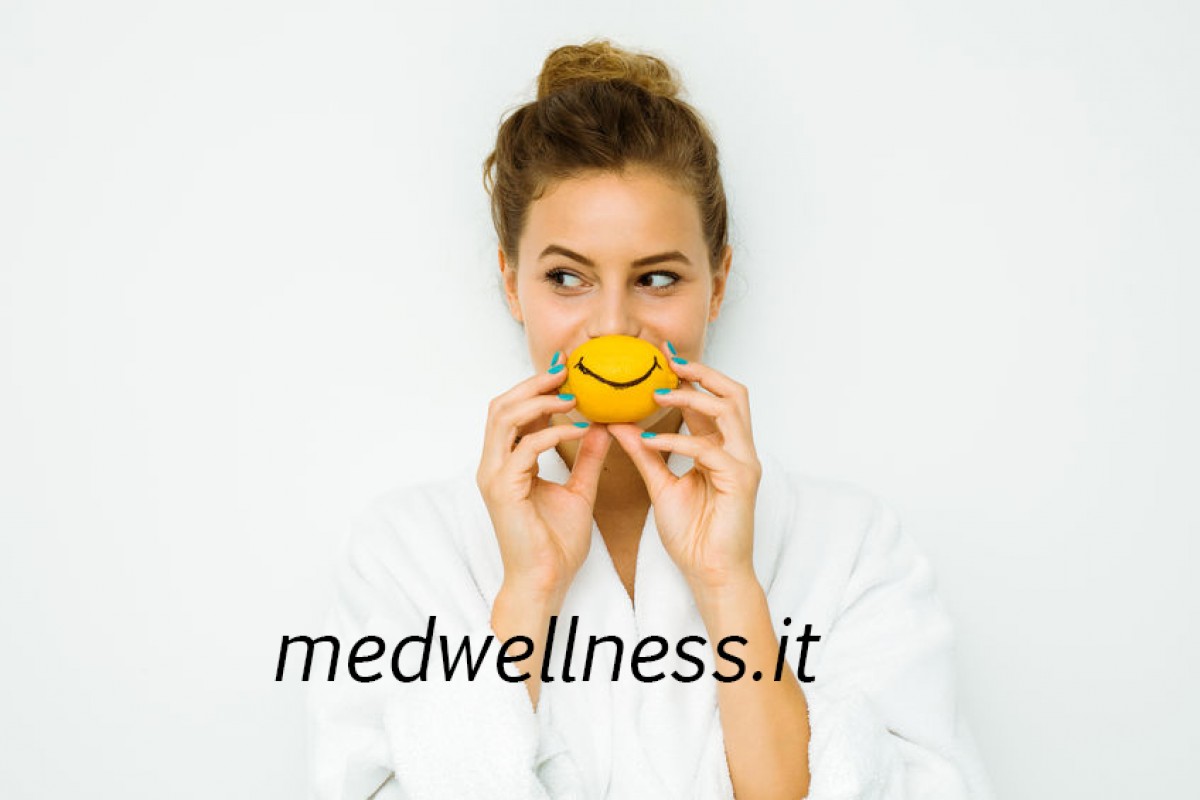
How to support your immune system in the face of Coronavirus
How to support your immune system in the face of Coronavirus
Practical advice
– Raffaella Quieti Cartledge, Nutritional Therapist – Londra
We should all know, by now, the importance of regular and thorough handwashing/hand sanitiser gel use after touching any external surface/button, of avoiding touching any part of your face (especially eyes, nose, mouth) with unwashed hands, of practicing cough/ sneeze etiquette and wipe as we go (regularly wipe down frequently touched objects and surfaces in your home).
If you are travelling, it is a good idea to keep a pack of disinfectant wipes, if you can get hold of them, in your bag to cleanse commonly used surf aces such as table trays on plane and train journeys.
Nose and throat specialists recommend the use of two drops of 2% colloidal silver in each nostril + gargle twice a day with 10 drops of colloidal silver in half a glass of water.
Saline nasal irrigation has also been found to be probably effective in reducing the severity of some symptoms associated with upper respiratory tract infections.
Lifestyle and nutrition
- Reduce stress
- Practice breathing or meditation
- Get plenty of rest and sleep
- Daily moderate exercise (outdoor but in empty areas when possible)
- Reduce intake of refined sugar and alcohol
- Eat plenty of brightly coloured fruits and vegetables/foods which feed and strengthen your immune system :
- Foods such as lemons and other citrus fruit, kiwi fruit, strawberries, pomegranates, salads and vegetables such as bell peppers and cabbage contain good amounts of immune system enhancing antioxidants.
- Sea and freshwater fish containing omega 3 fatty acids, which are often missing in the diet but essential in enabling the immune system to prevent and supress virus infections and their consequent high level of inflammation. Hemp oil, flaxseed or walnuts are a good vegetarian source of omega 3 fatty acids. Many fish also contain plenty of vitamin D which helps the immune system protect us from viruses and good amounts of zinc, a cofactor in enzymes without which the immune system could not function.
- Fermented foods, such as yoghurt promote the growth of the important good bugs in the gut which help suppress growth of the unwanted ones.
- Foods high in soluble fibre such as beans, apples and oranges enhance the actions of fermented foods as soluble fibre is a great food source for ‘good’ bugs. These soluble fibres also bind to and lower levels of immune system damaging chemicals and immunotoxic heavy metals in the body and help remove them safely.
- Many herbs and spices contain powerful antiviral constituents and so have potentially strong virus killing actions. These include, ginger, turmeric, garlic, onions, horseradish, cinnamon, ginseng, peppermint, dandelion, mistletoe, liquorice, oregano and basil.
- Eating more organic foods. Conventionally grown foods tend to have a raft of known immune system damaging chemicals and are often of a lower nutritional value compared to those grown more naturally or organically. Organic foods tend to contain higher levels of immune system strengthening vitamins and minerals, such as potassium, copper, zinc and vitamin C. Vitamin C for example has consistently been shown to reduce the duration and severity during episodes of the common cold.
Specific vitamins and minerals
*Speak to your doctor before taking any supplements as they might interact with current medications or cause adverse effects
*there is currently no cure for the new coronavirus, only ways to support and strengthen one’s immune system
Vitamin C (up to 2 grams a day)
A powerful antioxidant, Vit. C has anti-inflammatory activity and supports the body’s ability to fight infections. It shortens the duration of the common cold, and prevents it in some conditions.
In a 2017 study, intravenous vitamin C was successfully added to a protocol to significantly reduce mortality in patients with severe sepsis and septic shock. Research is now underway to study the efficacy and safety of vitamin C for the clinical management of severe acute respiratory infection caused by the new coronavirus strain.
Vitamin C also helps to support a healthy stress response and so may have added benefit when worries are heightened. Foods rich in vitamin C include citrus fruits, kiwi fruit, berries and bell peppers.
Vitamin D (dosage based on test results)
Vitamin D has been found to play a significant role in the function of the immune system. In a 2017 review on vitamin D published in Clinical Therapeutics, vitamin D is described as a ‘pro-survival molecule’.
Many immune cells express vitamin D receptors and vitamin D enhances the antimicrobial properties of immune cells. A large 2017 study published in the British Medical Journal found vitamin D to be effective for preventing colds and flu.
Maintaining healthy vitamin D levels is important for supporting the body’s ability to fight infection. Unlike most essential nutrients however, you can’t rely on food to keep your levels optimal. The main source of vitamin D isn’t food, but sunshine; your bare skin produces vitamin D when it comes into contact with the sun’s rays, so risk of deficiency is higher during the winter months and current estimates suggest that many people are low. It’s a good idea to get your levels checked at least once a year, and to add a daily maintenance supplement through the winter months.
Zinc (30 mg per day)
A severe deficiency of zinc is known to suppress immune function, and even mild to moderate deficiency can have a negative impact on the immune system’s ability to deal with infection. Zinc supports the function and proliferation of various immune cells.
Multiple studies have shown low levels of zinc are associated with increased risk of infections such as pneumonia in elderly adults and children in developing countries. Ensuring optimal levels of zinc, particularly in children (children dosages are substantially lower than adults’) and the elderly would therefore seem sensible. The body doesn’t have much ability to store zinc so it’s crucial that your daily diet supplies plenty of this immune boosting mineral. You’ll find high levels of zinc in meat, chickpeas & lentils, pumpkin and sesame seeds. You can also take extra zinc in supplement form to keep your levels topped up and gently support your immune function. If you regularly take zinc in supplement form however (such as in a daily multi) it is important to balance this with copper, as excess zinc can cause copper deficiency and vice versa.
Vitamin A (approximately 5000 IUs per day or as per dosage in multivitamin)
Several immune system functions rely on vitamin A and deficiency is known to impair the innate immune system (the non-specific ‘first line of defence’ part of the immune system) and it regulates some genes involved in immune function. Vitamin A is found in the diet in two forms: beta-carotene (found in red, yellow and orange plant foods) and retinol, or ‘active vitamin A’ (found in high fat animal foods such as eggs, butter, liver and full fat dairy products). Beta-carotene must first be converted in the body before it can be used, hence why retinol is often referred to as ‘active vitamin A’. For targeted immune support, vitamin A is best supplemented as a mix of both retinol and beta-carotene. For ongoing support in a daily multi, it is best to stick to beta-carotene as your preferred source and include good sources of retinol in your diet.
Probiotics (one billion minimum)
The gut microflora has important roles to play in their interactions with the immune system, and supporting a thriving, diverse gut microbiome is an important part of ongoing immune health. Specifically, Saccharomyces boulardii is a safe, non-pathogenic type of yeast which may help to support the immune system. In a 2007 study carried out on children with acute gastroenteritis the administration of S. boulardii (250 mg twice daily for 7 days) resulted in significant increases in CD8 lymphocytes, serum immunoglobulin A and decreases in C-reactive protein levels, suggesting that S. boulardii treatment enhances the immune response.










